Why Spain is a great place for kids
Choosing the city that's right for you
Choosing the visa that's right for you
More than just great weather
Why Spain provides a better quality of life
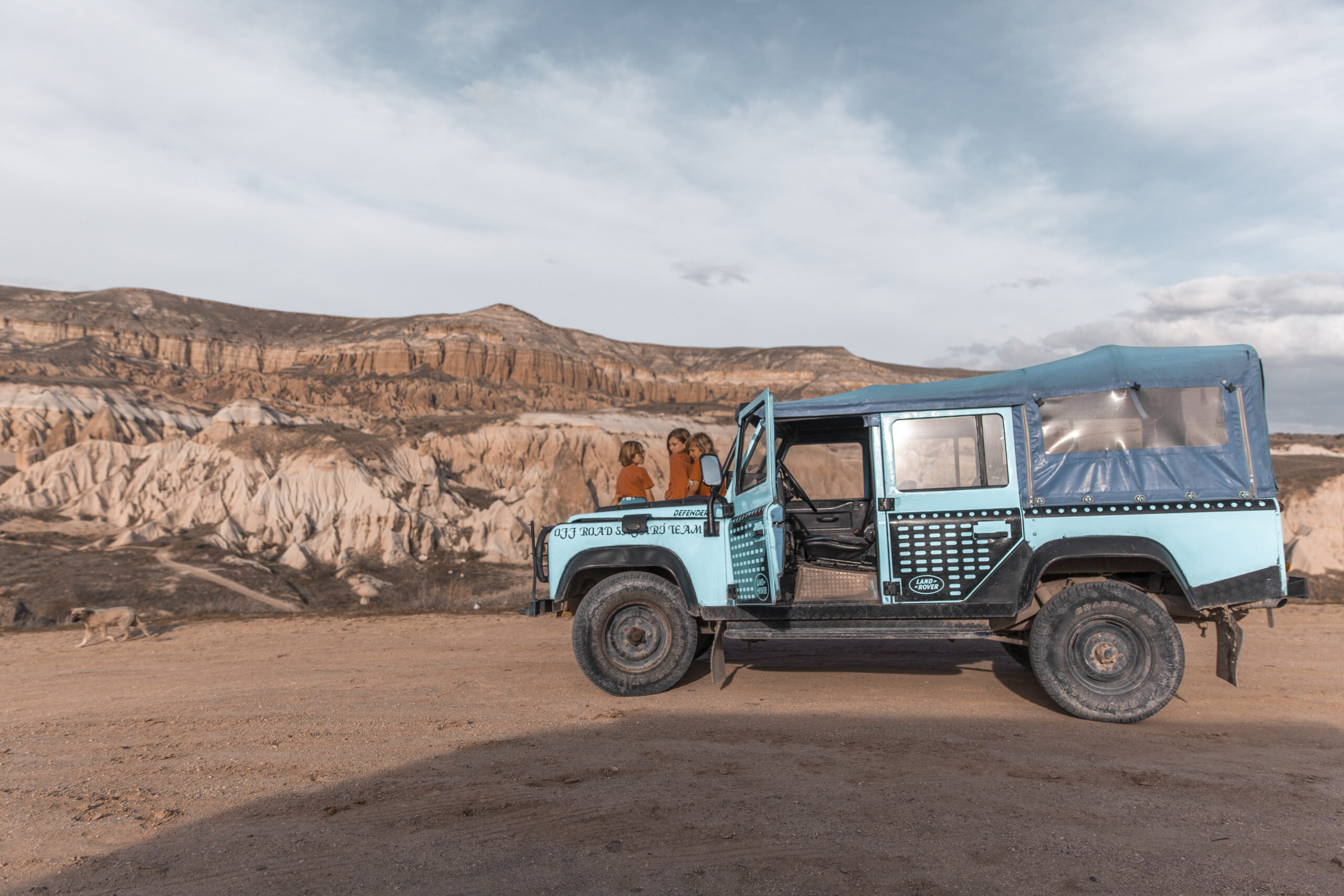
How we Plan
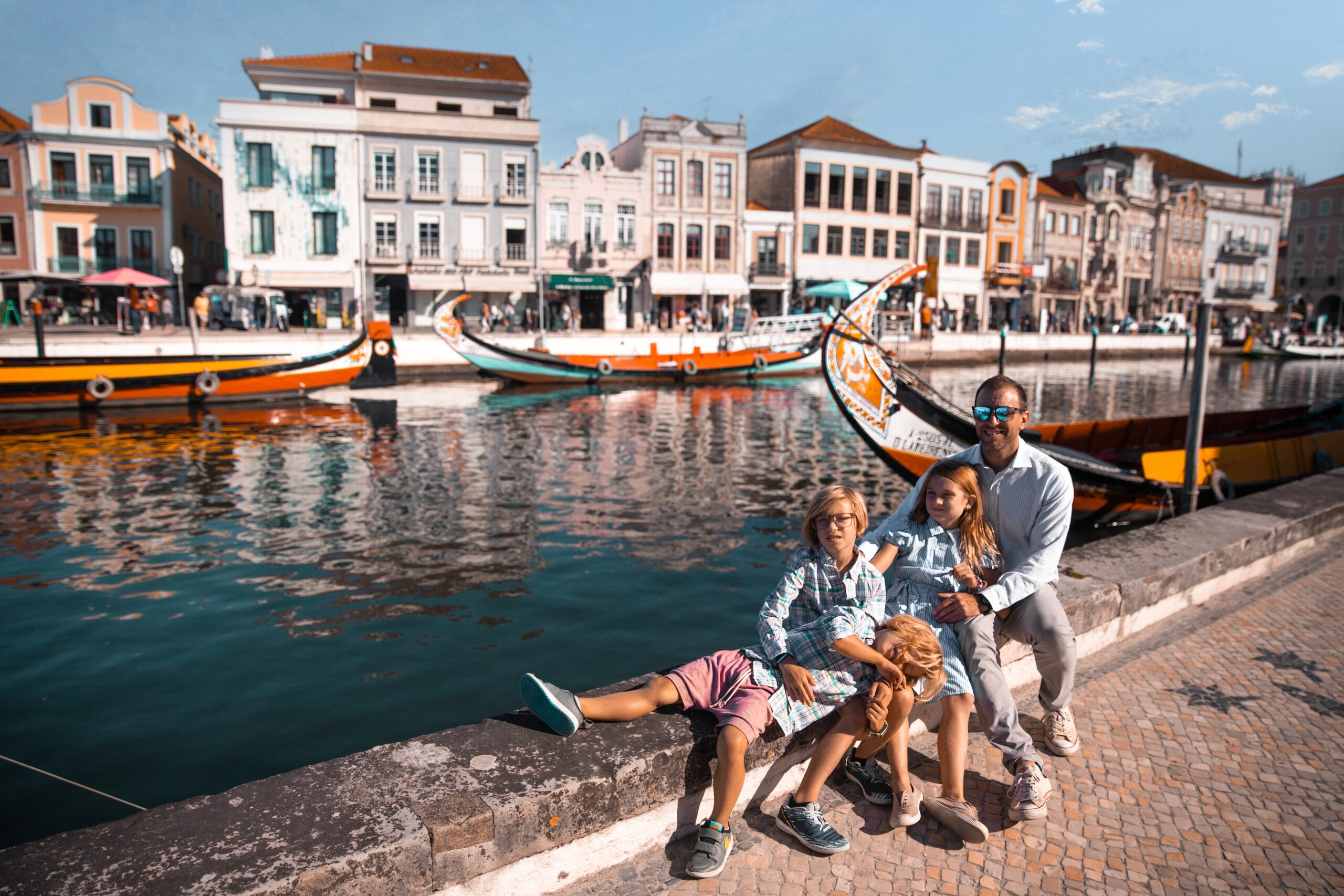
What we pack
Choosing Travel Insurance
Book Your Hotel
with Booking.com
Book Your Car
with RentalCars.com
Book Your Flight
with Skyscanner.com
Book Your Tour
with GetYourGuide.com
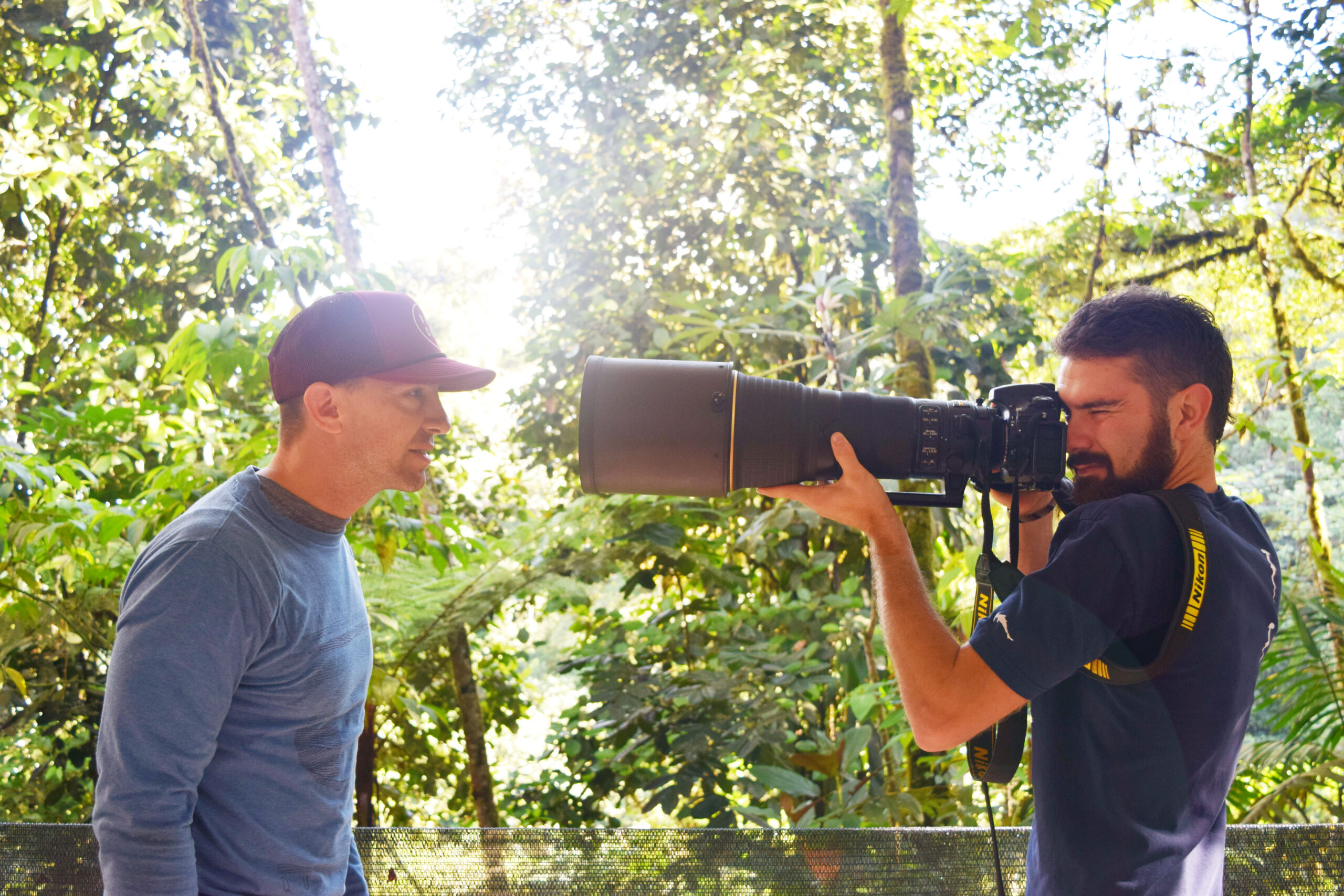
Our Camera Gear
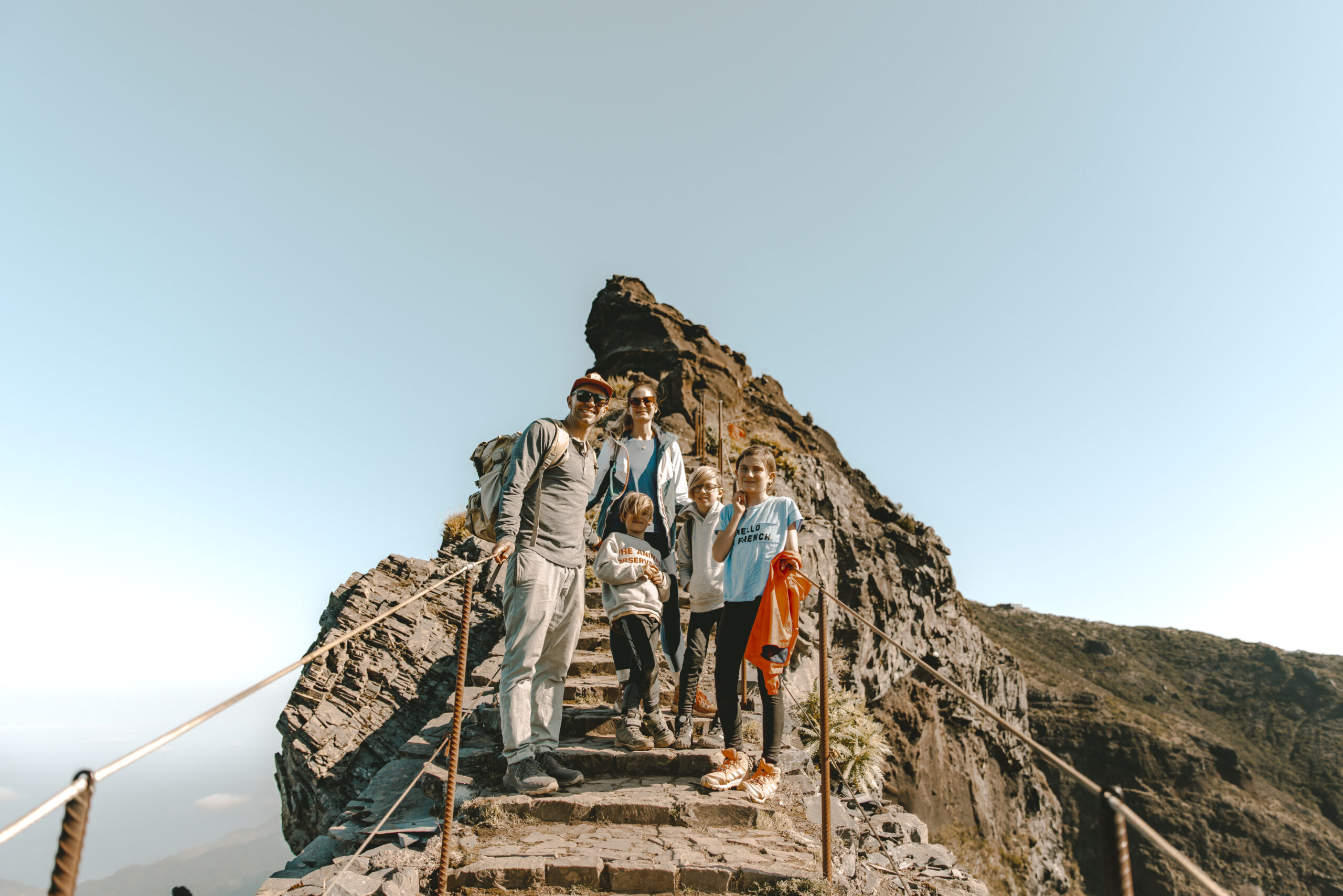
How We Fly
Choosing Your Destination
Guide to...
Sweden
Embark on a Scandinavian adventure to the enchanting land of Sweden, where historic castles, picturesque lakes, and pristine forests invite travelers to explore a land of natural beauty, cultural richness, and modern innovation, where vibrant cities like Stockholm, Gothenburg, and Malmö offer a blend of historic charm, contemporary design, and progressive values amidst the tranquil landscapes and dynamic cityscapes of this captivating Nordic nation.
Map
Weather
Itineraries
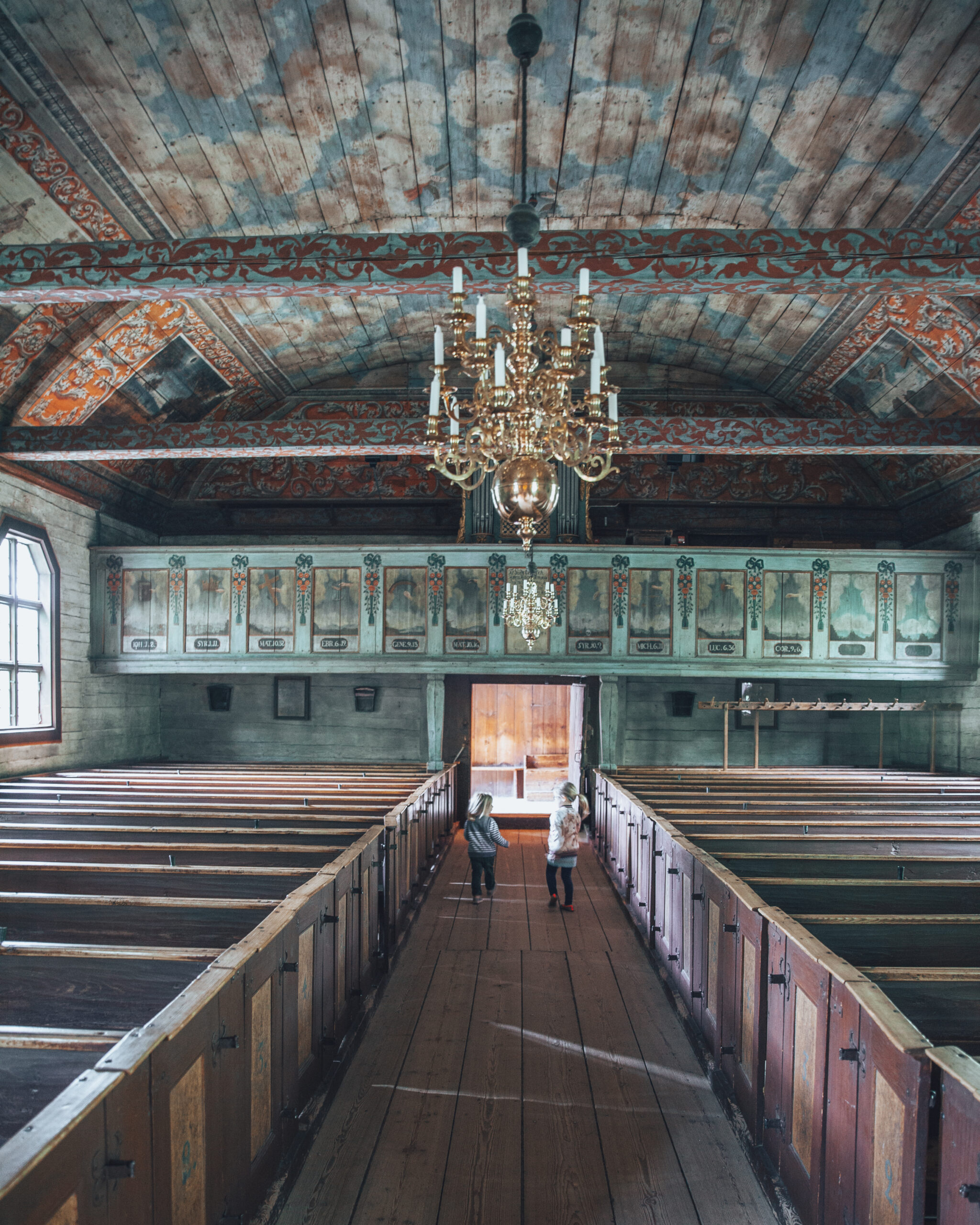
Coming Soon...
stockholm
Top Five Restaurants in stockholm
As the first restaurant in Sweden to receive three Michelin stars, Frantzén offers an extraordinary dining experience that blends Nordic and Asian influences. The intimate atmosphere and innovative tasting menu make it a must-visit for food enthusiasts.
Located on the scenic island of Djurgården, Oaxen Krog & Slip is a two-part restaurant with Oaxen Krog offering a fine dining experience and Oaxen Slip providing a more casual bistro setting. Both venues emphasize sustainability and locally sourced ingredients.
Situated within the renowned Fotografiska Museum, this restaurant is celebrated for its plant-based cuisine and panoramic views of Stockholm. The menu, crafted by award-winning chefs, focuses on sustainable and seasonal ingredients.
Helmed by celebrity chef Niklas Ekstedt, this unique restaurant specializes in Nordic cuisine cooked over an open fire. The primal cooking techniques and rich flavors offer a memorable dining experience that pays homage to traditional Scandinavian methods.
Gastrologik provides a dynamic dining experience with a menu that changes daily based on the freshest local ingredients. The restaurant’s commitment to innovation and excellence has earned it two Michelin stars, making it a favorite among culinary connoisseurs.
Top Five hotels in stockholm
Overlooking the Royal Palace and Gamla Stan, the Grand Hôtel Stockholm is a luxurious landmark known for its opulent interiors and exceptional service. Guests can indulge in world-class dining at the Michelin-starred restaurant, Mathias Dahlgren, and relax at the exclusive Nordic Spa & Fitness.
Located in the heart of the city, the Nobis Hotel combines contemporary design with classic architecture. This five-star hotel offers stylish rooms, a vibrant Italian restaurant, and a chic lounge bar, making it a perfect choice for both leisure and business travelers.
Situated on the prestigious Strandvägen boulevard, Hotel Diplomat is a family-owned boutique hotel offering stunning views of Stockholm’s waterfront. The elegant Art Nouveau building houses individually decorated rooms, an acclaimed restaurant, and a serene spa.
Adjacent to the Stockholm Waterfront Congress Centre, the Radisson Blu Waterfront Hotel boasts modern amenities and sweeping views of Riddarfjärden Bay. Guests enjoy comfortable, stylish rooms, a fitness center, and convenient access to the city’s attractions.
Nestled on the waterfront, Lydmar Hotel offers a cozy yet sophisticated atmosphere with uniquely designed rooms and personalized service. Its prime location, eclectic décor, and vibrant restaurant make it a favorite among travelers seeking both comfort and character.
FAQ's
What are the main things to do with kids in Sweden?
Sweden offers a variety of activities and attractions that cater to families with children. Here are some of the main things to do with kids in Sweden:
1. Visit theme parks: Sweden has several popular theme parks, such as Liseberg in Gothenburg, Gröna Lund in Stockholm, and Astrid Lindgren’s World in Vimmerby.
2. Explore outdoor activities: Sweden’s stunning natural landscapes provide opportunities for hiking, camping, fishing, and skiing, depending on the season.
3. Visit museums: Many Swedish museums offer interactive exhibits and activities designed for children, such as the Junibacken children’s museum in Stockholm and the Universeum science center in Gothenburg.
4. Enjoy water activities: During summer, families can enjoy swimming, kayaking, or canoeing in Sweden’s numerous lakes and coastal areas.
5. Discover wildlife: Visit wildlife parks, such as Kolmården Wildlife Park or Skansen Open-Air Museum, to see native and exotic animals.
6. Attend festivals and events: Sweden hosts various family-friendly festivals and events throughout the year, such as the Stockholm International Children’s Film Festival and the Malmö Festival.
7. Explore castles and historical sites: Visit historical sites like the Royal Palace in Stockholm or Kalmar Castle to learn about Sweden’s rich history.
8. Engage in winter sports: During winter, children can enjoy activities like skiing, ice skating, and sledding.
9. Visit playgrounds and parks: Sweden is known for its well-maintained playgrounds and parks, which offer a safe and fun environment for children to play.
10. Experience Swedish culture: Introduce children to Swedish traditions, such as Midsummer celebrations, Lucia Day, and the famous fika (coffee and pastry break).
What is Sweden famous for?
Sweden is famous for many things, including:
1. ABBA: The iconic pop group of the 1970s.
2. Ikea: The world’s largest furniture retailer, known for its affordable and functional designs.
3. Volvo and Saab: Swedish car manufacturers known for their safety and reliability.
4. Nobel Prize: The prestigious awards given annually for outstanding achievements in various fields.
5. Spotify: The popular music streaming service.
6. Minecraft: The bestselling video game, created by Swedish game developer Markus Persson.
7. Swedish meatballs: A traditional dish, often served with lingonberry jam and mashed potatoes.
8. Fika: The Swedish coffee break tradition, often accompanied by pastries.
9. Outdoor lifestyle: Swedes love spending time in nature, with activities like hiking and skiing being popular.
10. Gender equality: Sweden is known for its progressive stance on gender equality and has one of the highest levels of gender equality in the world.
11. Welfare state: Sweden is famous for its comprehensive social welfare system.
12. Scandinavian design: Swedish design is known for its minimalism, functionality, and aesthetics.
13. H&M: The global fast-fashion retailer.
14. Roxette: Another successful Swedish pop duo.
15. Pippi Longstocking: The beloved children’s book character created by Swedish author Astrid Lindgren.
What power plug type does Sweden use?
Sweden, like most other European countries, uses Type C and Type F electrical outlets and plugs.
Type C: This is the standard European plug, also known as the Euro plug. It has two round pins and is ungrounded. The plug fits into both Type C and Type F sockets.
Type F: Also known as the “Schuko” plug, this type has two round pins and two earth clips on the side. It is compatible with Type C outlets, but Type C plugs cannot be used in Type F outlets due to the earth clips.
Both types of outlets supply electricity at 220-240 volts and 50Hz frequency. If you’re traveling to Sweden from a country that uses a different voltage or plug type, be sure to bring a suitable adapter and/or converter for your electrical devices.
Is Sweden safe?
Yes, Sweden is generally considered a very safe country. It consistently ranks among the safest countries in the world in various safety and security indices. However, like any other country, Sweden is not entirely crime-free, and visitors should still take normal precautions.
Some points to consider:
1. Low crime rates: Sweden has one of the lowest crime rates in the world, particularly when it comes to violent crimes.
2. Petty crime: Pickpocketing and petty theft can occur in crowded tourist areas, especially during the summer months. Always keep an eye on your belongings.
3. Traffic safety: Sweden has a well-maintained road infrastructure and strict traffic regulations, making it a safe country for driving and cycling.
4. Outdoor safety: Sweden’s natural areas are generally safe, but be prepared for changing weather conditions and inform others of your plans when hiking or camping in remote areas.
5. Terrorism: While Sweden has experienced terrorist incidents in the past, the risk is considered relatively low compared to many other European countries.
6. Solo travel: Sweden is considered a safe destination for solo travelers, including women, due to its low crime rates and gender equality.
As with traveling to any foreign country, it’s essential to stay aware of your surroundings, take sensible precautions, and follow local advice and guidelines to ensure a safe and enjoyable visit.
What you need to know before visiting Sweden?
Before visiting Sweden, there are several things you should know to help you plan your trip and make the most of your experience:
1. Currency: Sweden uses the Swedish krona (SEK). Many places accept credit cards, but it’s a good idea to have some cash on hand.
2. Language: The official language is Swedish, but most Swedes speak excellent English, especially in tourist areas.
3. Climate: Sweden has distinct seasons with cold winters and mild summers. Be sure to pack appropriate clothing for the time of year you’re visiting.
4. Transportation: Sweden has an efficient public transportation system, including trains, buses, and metros in larger cities. Renting a car is also an option for exploring the countryside.
5. Accommodation: Sweden offers a range of accommodation options, from hotels and hostels to camping and vacation rentals.
6. Cost of living: Sweden is known for its high cost of living, especially in cities like Stockholm. Budget accordingly for accommodations, dining, and activities.
7. Alcohol regulations: Alcohol is regulated in Sweden. Systembolaget is the government-run liquor store chain, and it’s the only place to purchase alcoholic beverages stronger than 3.5% ABV for off-premises consumption.
8. Tipping: Tipping is not as common or expected in Sweden as in some other countries, as service charges are often included in the bill.
9. Fika: The Swedish custom of taking a coffee break with pastries is an integral part of the culture. Embrace this tradition during your visit.
10. Allemansrätten: The “Right of Public Access” allows people to roam freely in nature, even on private property, as long as they respect the environment and the owner’s privacy.
11. Business hours: Many shops and businesses have limited hours on weekends and may close early on weekdays.
12. Holidays: Be aware of Swedish public holidays, such as Midsummer and Christmas, as many businesses and attractions may have reduced hours or be closed.
What are 10 interesting facts about Sweden?
Here are 10 interesting facts about Sweden:
1. Sweden is the third-largest country in the European Union by land area, but it has a relatively small population of just over 10 million people.
2. Sweden is known for its many successful multinational corporations, such as Volvo, Ericsson, IKEA, H&M, and Spotify.
3. The Nobel Prize, one of the most prestigious awards in the world, was established by Swedish inventor Alfred Nobel in 1895.
4. Sweden is one of the world’s most environmentally friendly countries, with over half of its national energy coming from renewable sources.
5. The Swedish tradition of “fika” involves taking a break from work to enjoy coffee, pastries, and socializing with friends or colleagues.
6. Sweden is the birthplace of many famous musicians and bands, including ABBA, Roxette, Ace of Base, Avicii, and Swedish House Mafia.
7. Sweden has a long history of neutrality and has not been involved in a war since 1814, although it did maintain a policy of armed neutrality during both World Wars.
8. The famous 17th-century warship Vasa sank on its maiden voyage in 1628 and was salvaged in 1961, becoming one of Sweden’s most popular tourist attractions.
9. Sweden is home to the Ice Hotel in Jukkasjärvi, which is rebuilt every winter using ice and snow from the nearby Torne River.
10. In Sweden, the law of “allemansrätten” or “freedom to roam” allows people to access and camp on any public or private land for one or two nights, as long as they respect the environment and the landowner’s privacy.
What are the current Sweden travel restrictions and how do they affect your trip plans?
As of May 13, 2024, Sweden has lifted most of its COVID-19 related travel restrictions. However, it’s essential to check the latest information from official sources before making any travel plans, as the situation can change depending on the global health scenario.
Currently, here’s what you should consider when planning a trip to Sweden:
1. Vaccination: As of now, Sweden does not require proof of vaccination for entry. However, having a complete COVID-19 vaccination may make your travel smoother and could be required by your airline or country of origin.
2. Testing: Sweden does not require a negative COVID-19 test result for entry, but this could change if the health situation deteriorates.
3. Quarantine: As of now, Sweden does not require travelers to quarantine upon arrival, unless they show symptoms of COVID-19.
4. Travel from EU/EEA countries: If you’re traveling from an EU/EEA country, you can enter Sweden without any additional requirements.
5. Travel from non-EU/EEA countries: If you’re traveling from a country outside the EU/EEA, check if there are any specific entry requirements or restrictions based on your country of origin.
6. Local regulations: Be aware of any local regulations or guidelines related to COVID-19, such as wearing masks in public spaces or showing proof of vaccination to access certain services.
What do I need to travel to Sweden?
To travel to Sweden, you’ll need the following:
1. Valid passport: Your passport should be valid for at least six months beyond your intended stay in Sweden.
2. Visa (if applicable): Citizens of EU/EEA countries and several other countries do not need a visa for stays up to 90 days. However, citizens of some countries may need to apply for a visa before traveling. Check with the Swedish embassy in your country for visa requirements.
3. Proof of financial sufficiency: You should have enough funds to support yourself during your stay in Sweden.
4. Travel insurance: While not mandatory, it’s highly recommended to have travel insurance that covers medical emergencies, trip cancellations, and other unforeseen events.
5. Accommodation bookings: It’s a good idea to have your accommodation booked in advance, especially during peak tourist seasons.
6. Transportation tickets: If you’ve pre-booked any transportation within Sweden, make sure to have your tickets or confirmations ready.
7. Clothing: Sweden’s weather can vary greatly depending on the season, so pack appropriate clothing for your visit.

